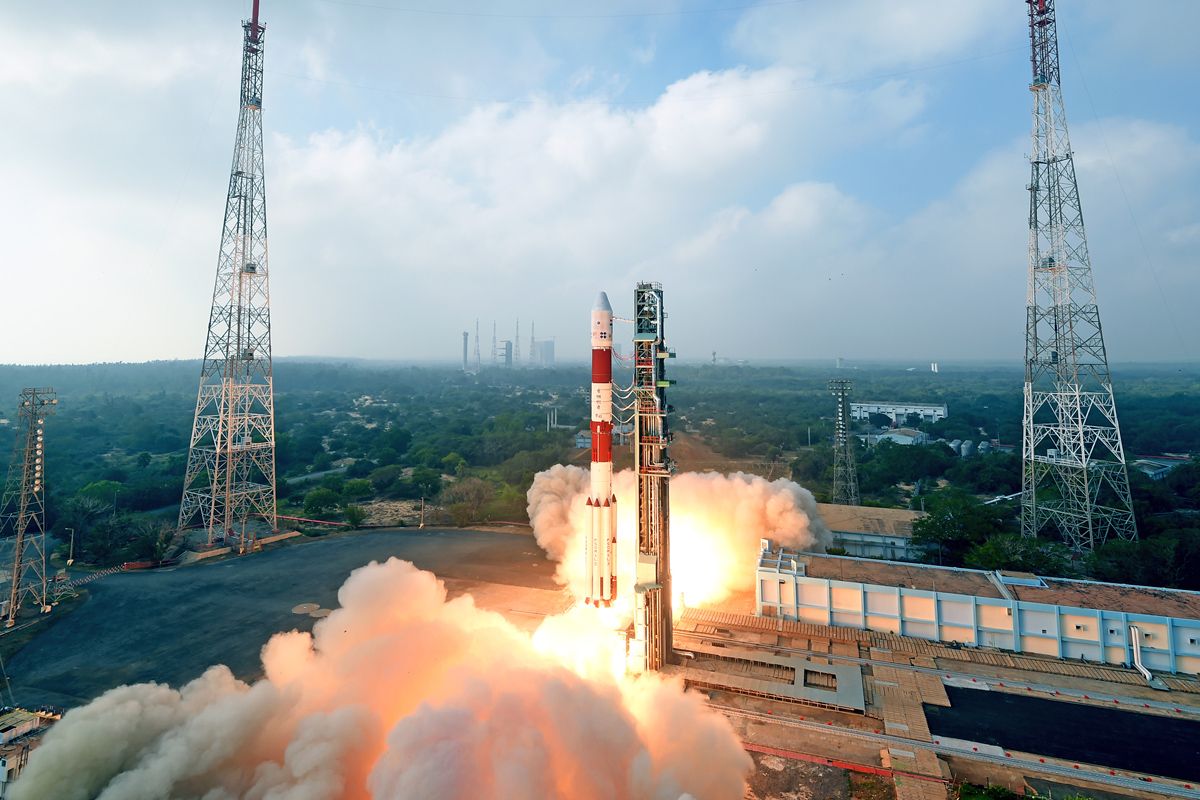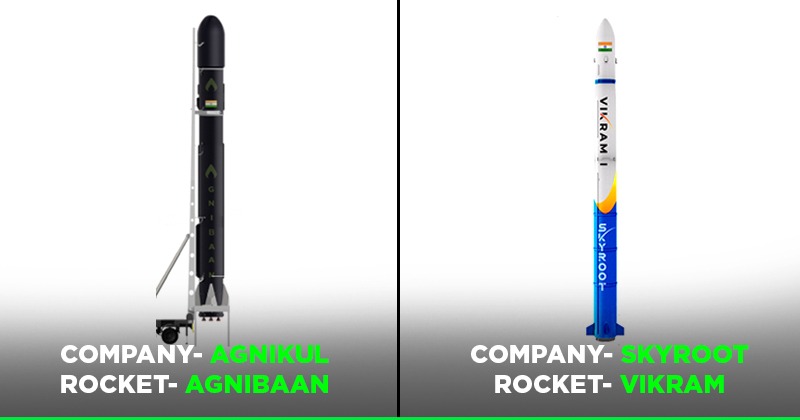Can India Have Its Own SpaceX? Privatizing ISRO’s Rocket Launch Industry
Can India develop its own version of SpaceX? With private startups like Skyroot and Agnikul making waves, ISRO’s rocket launch industry is at a turning point. Explore how privatization can revolutionize India’s space sector.

Introduction
India’s space industry has long been synonymous with ISRO (Indian Space Research Organisation), a government-led entity that has propelled the nation into the global space race. However, with the emergence of private players like Agnikul Cosmos and Skyroot Aerospace, the question arises—can India develop its own version of SpaceX? The privatization of ISRO’s rocket launch industry could be a game-changer, fostering innovation, reducing costs, and making India a competitive player in the global space economy.
1. Why Privatize ISRO’s Rocket Launch Industry?

-
Encouraging Innovation: Private companies have more flexibility to experiment with cutting-edge technologies, just like SpaceX revolutionized reusable rockets.
-
Cost Efficiency: Private firms operate on competitive budgets and timelines, reducing the financial burden on taxpayers.
-
Global Competitiveness: With countries like the US and China pushing private space missions, India needs to follow suit to remain relevant.
-
Attracting Investments: Privatization can bring in foreign and domestic investments, fueling rapid advancements in space technology.
-
Expanding Commercial Launch Services: A privatized ecosystem can help India capture a bigger share of the growing global satellite launch market.
2. The Rise of Private Space Startups in India

India has already witnessed the rise of promising private space startups:
-
Skyroot Aerospace: Successfully launched Vikram-S, India’s first privately built rocket, in 2022.
-
Agnikul Cosmos: Developing the Agnibaan rocket, featuring a unique 3D-printed semi-cryogenic engine.
-
Bellatrix Aerospace & Pixxel: Working on advanced propulsion systems and satellite technology.
These startups are proving that India has the talent and technical expertise to replicate SpaceX’s success, provided they receive adequate policy and funding support.
3. What Challenges Does India Face in Space Privatization?

-
Regulatory Hurdles: Bureaucratic red tape can slow down approvals and restrict the operational freedom of private players.
-
Lack of Large-Scale Funding: Unlike SpaceX, which receives massive private and government investments, Indian startups struggle with capital constraints.
-
Technology Transfer: ISRO still holds most of India’s critical space technology, and transferring it to private players remains a challenge.
-
Global Competition: US and Chinese private space firms have a head start, making it difficult for India to establish itself as a leader.
-
Infrastructure & Testing Facilities: The need for advanced launchpads, testing sites, and R&D centers to support private launches.
4. What Steps Can India Take to Build Its Own SpaceX?
-
Policy Reforms: Simplifying space regulations and offering incentives for private investments.
-
Public-Private Partnerships: Encouraging collaboration between ISRO and private firms for technology sharing.
-
Increased Funding: Providing government grants, subsidies, and tax benefits to space startups.
-
Boosting R&D Infrastructure: Setting up advanced research hubs and testing facilities for private players.
-
Global Collaborations: Partnering with international space agencies and companies to accelerate technological advancements.
5. The Future of India’s Space Industry
With the Indian government already opening the doors to private space ventures through IN-SPACe (Indian National Space Promotion and Authorization Center), the future looks promising. If India successfully fosters a robust private space ecosystem, it can become a major global hub for commercial space launches, much like the US. The next decade could witness the rise of an Indian SpaceX, pushing the boundaries of technology and economic growth.
Conclusion
India stands at the brink of a space revolution. While ISRO has laid a strong foundation, the next leap forward requires private participation. By embracing space privatization, India can unlock a multi-billion-dollar industry, create jobs, and establish itself as a leader in the global space economy. The question is no longer if India can have its own SpaceX, but when.
What's Your Reaction?


















































